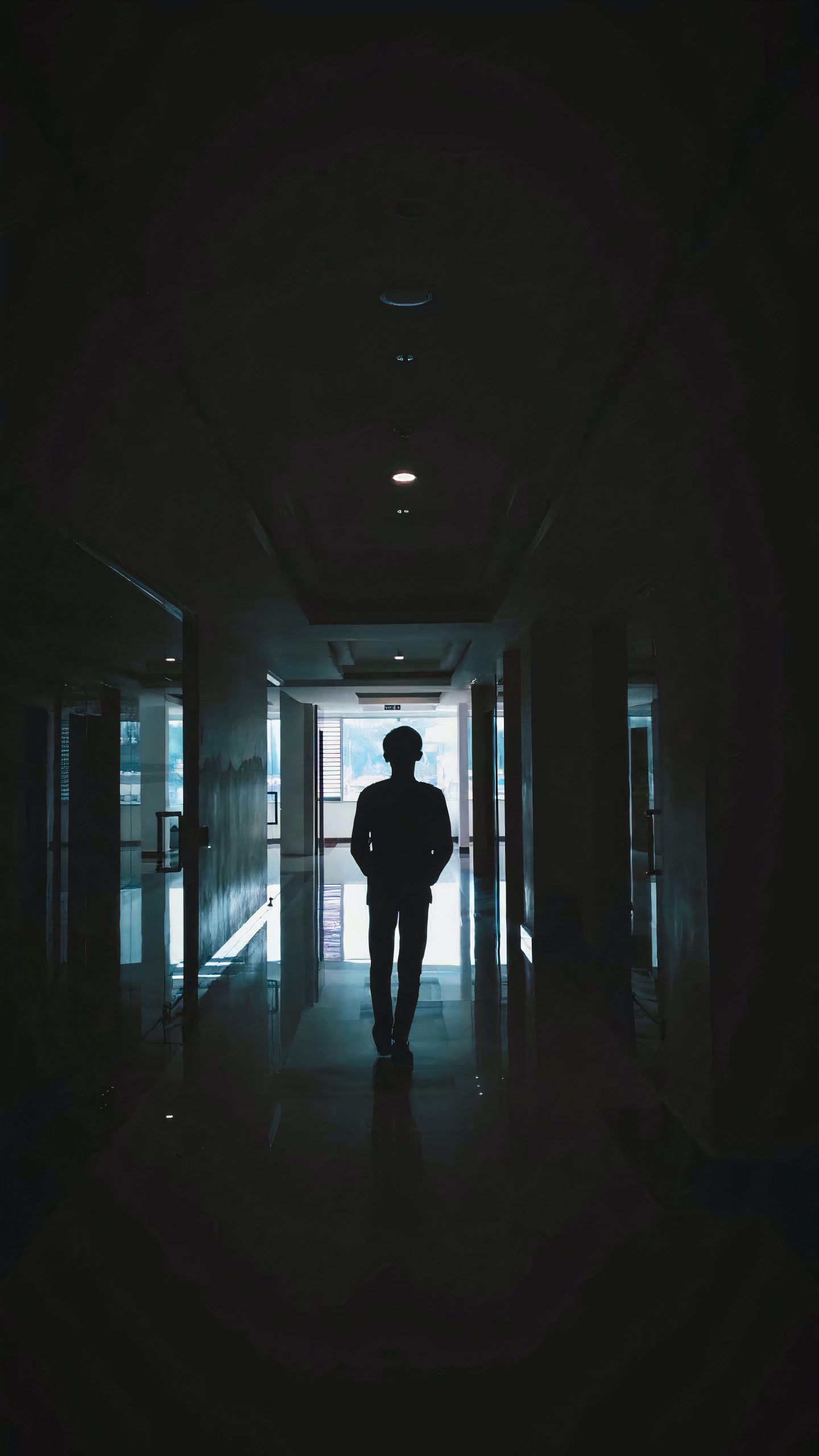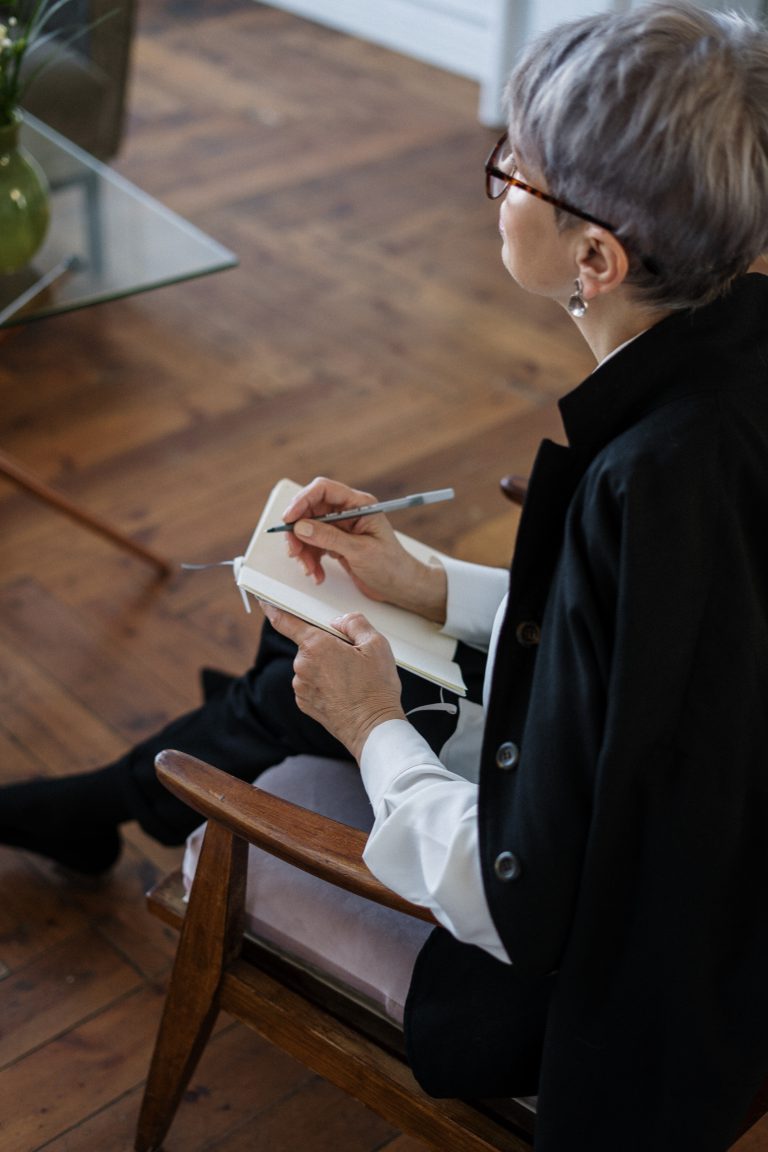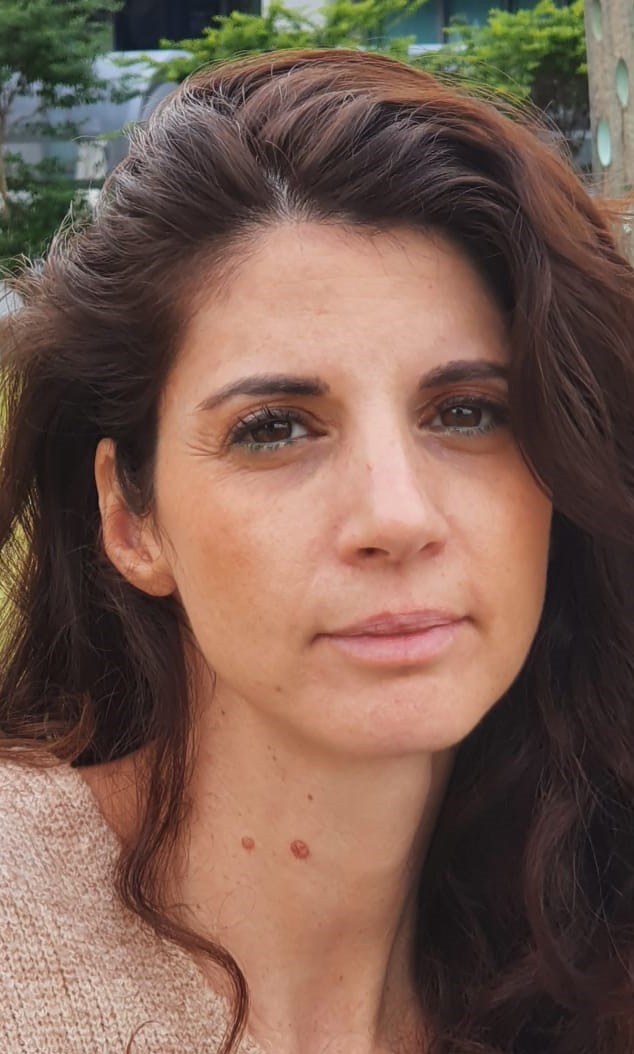There are very few feelings that hurt more than invalidation. When someone intentionally or unintentionally undermines the reality of our lived experience, it can be devastating. An ongoing experience of having our truth slowly eroded by another can lead to a loss of sense of self and a questioning of our own sanity. In 1944, the movie ‘Gaslight’ was released. The movie follows a woman whose husband manipulates her into believing she is going insane. Since then, the term ‘gaslighting’ has been used to refer to a form of psychological and emotional abuse that results in a person doubting their own experiences.
“Gaslighting is the systematic attempt by one person to erode another’s reality, by telling them that what they are experiencing isn’t so – and, the gradual giving up on the part of the other person.” (Robin Stern, Ph.D.)
Gaslighting is a subtle but traumatizing form of abuse, and it can damage our capability to trust other people. However, the insidious nature of gaslighting is that it ultimately erodes our capacity to trust in ourselves.
The invisible, often undiagnosed, and unrelenting nature of chronic pain makes it a condition that provides a ripe breeding ground for gaslighting. Whether through interactions with a medical system that is ill equipped to assist us or family and friends that don’t understand us, we are vulnerable to gaslighting from many sources. For those around us, their own dismay about not being able to relate to or help us can result in their intentional or unconscious denial of the difficulty we are experiencing. They may trivialize, downplay, or outright deny not just our pain, but also the way we cope with it, making us feel invisible, unimportant, burdensome, or downright crazy.
Medical Gaslighting
Repeated visits to medical professionals who are often unable to find the source, cure, or even alleviation of our condition, frequently cause them to brand us as exaggerators, resistant patients, or medication seekers, when really, they may just be frustrated with their own ineffectiveness and lack of suitable options. We are told the pain must be all in our head. Even if there is a psychological influence contributing to our pain, does that make our experience any less relevant or any more appropriate to dismiss? We are sometimes denied access to medical tests under the assumption that we are somehow creating our own pain and therefore don’t merit being treated like maybe – just maybe – we know our own bodies and when something is wrong. The trust we place in medical professionals to inform us about our health can result in us placing too much weight on their medical opinions and not nearly enough on our own experience and intuition.
Gaslighting in Relationships
Family and friends, unable to bear or relate to our daily reality may tell us that we need to “suck it up,” that “it can’t be that bad,” or that “we look fine.” Rather than recognize the resilience and perseverance it takes for us to show up for life, we have our competence thrown in our faces as evidence that our struggles aren’t what we make them out to be. Through the embarrassment we may feel about needing consideration, we silence ourselves so as not to appear weak or difficult. To avoid being perceived as a burden, we force ourselves into situations that don’t honor our needs. When we need rest, we work. When we need a bit more time, we take less. When our answer to an invitation could be a very understandable and self-respecting “I just can’t right now,” we go.
Over time, the voices of those around us who doubt, undermine, and discount our experiences begin to work their way into our heads. We hear the echo of their criticisms and misunderstandings as our own thoughts, and we wind up victims of our own self interrogation. The corrosive effect of gaslighting means that our self-assuredness of our own lived reality is replaced by self-doubt. Having been shaken into insecurity by other people’s persistent denial of our reality, we begin to question it ourselves. Maybe our pain and the struggles we face alongside it really are all in our heads, as others keep telling us. Maybe we just aren’t trying hard enough. Maybe we are exaggerating.
Gaslighting Can Be An Inside Job
Gaslighting doesn’t always have to come from others. We live in a world that emphasizes the values of productivity, achievement, and putting on a ‘brave’ face. As we internalize these values, they can become pressures that impact us negatively, influencing us to bypass our pain and extend ourselves beyond what’s beneficial to us. In our unwillingness to come to terms with our chronic pain, we can fall prey to our own gaslighting. It’s possible that even with the most supportive and validating medical team and social circle, we will still question the truth of what we feel. It can be a huge task to accept how much chronic pain influences our daily life. Denying that reality can be a coping mechanism to distance ourselves from our circumstances. However, it doesn’t properly honor what we are going through. If we discredit how real our chronic pain is and the extent to which it affects our quality of life, we can repress our true needs and default to living a life that doesn’t respect our reality .
We Have The Final Say
Our pain is real. Our experiences are valid. We are not weak, and we are not crazy, though we are tasked with managing chronic pain that others can’t see or understand. We need to own this in the face of those who gaslight us, whether it be doctors, family, friends, or the hurtful voices that live inside us. We have the sole ability to determine what we experience, how we feel, and what effect chronic pain is having on our lives. Once we have come to terms with this, we can accept and acknowledge those effects and begin to stand up for ourselves. Developing the strength and security we need to confidently assert ourselves and refusing to allow others to paint our reality with their self-serving brushes can be the difference between feeling well equipped to face our pain head on or feeling lost and uncertain of who we are and what we need.
Cultivating our strength and self-assuredness isn’t easy, but it is vital. Nobody can know what we are going through better than we do. Nobody can advocate for our needs more powerfully than we can. We can achieve so much, even with our pain, but first we need to powerfully own it and state strongly that we are the experts on our own bodies, minds, and experiences.





